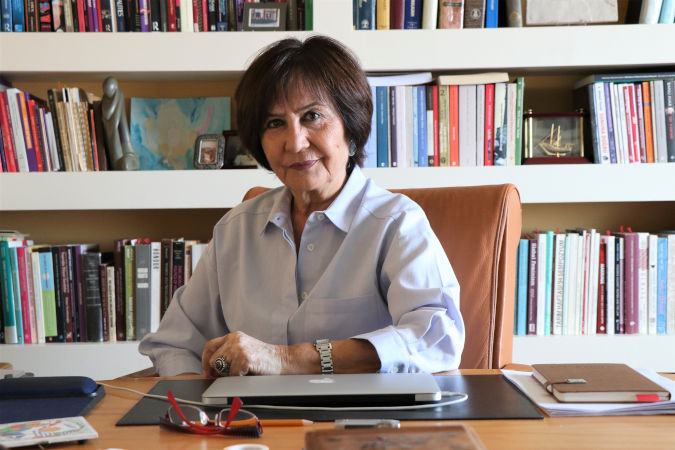Ask a professor: What steps should Turkey take to achieve gender equality by 2030?
Date:

Professor Yakın Ertürk, based in Ankara, is a researcher and retired professor of Sociology, with academic interests in human rights, gender equality, violence against women, and conflict and peace. During the Special Session of the General Assembly on Beijing +5 in 2000, she was the Director of the UN Division for the Advancement of Women.
![]()
Gender equality and the prevention of violence against women requires fundamental restructuring of mainstream thinking and approaches. Weapons of inequality and violence travel through interlocking entities like the state, family, markets, and international arenas. Those weapons cannot be eradicated with piecemeal interventions. Political commitment to combating violence must rest on ‘equality’ as the norm in all spheres of the state. In Turkey, significant legal reforms for equality and non-discrimination were established in past decades; their implementation would require non-compromising commitment to the norm of ‘equality’ in all state policy and programs.
Culture and religion are being invoked against human rights for women. This ideological backdrop, along with neo-liberal economic policies and a strong national security agenda, contravenes the three pillars of gender norms: equality, development and peace. These norms also lie at the heart of the 2030 Agenda for the Sustainable Development Goals (SDGs). If commitments for the SDGs are to be achieved, policy initiatives must be guided by universal human rights standards and gender equality norms. The global women’s movement, including in Turkey, is determined to resist backsliding from these norms. Regrettably, a central dilemma of the current era, in Turkey and elsewhere, is that these norms represent a global reality that contradicts an existing international order. That reality is based on exclusion, domination and exploitation, which pose multiple challenges for the struggle for equality, development and peace.
In this context, linking together various international agendas can reinforce the impact of each one and enhance their potential for transformation. At the same time, linking various instruments and mechanisms will remind states that international human rights law, policy and procedures are guided by the principles of equality and non-discrimination, thus imposing an ‘interlocking obligation’. This means states do not have the prerogative to pick and choose which norm they will honour.”

This story is part of the regional media campaign “12 voices. 12 journeys. 12 women from 12 Europe and Central Asia countries”. Passionate about gender equality and women`s rights, explore aspects of the 12 critical areas of the Beijing Platform for Action: poverty; education and training; health; violence; armed conflict; economy; power and decision-making; institutional mechanisms; human rights; media; environment; and the girl child. On the eve of 2020 and the 25th anniversary of the 1995 Beijing Declaration and Platform for Action, these 12 women are reimagining economies, societies and political systems to achieve gender equality. Imagine a world where gender equality is the norm. These women do.